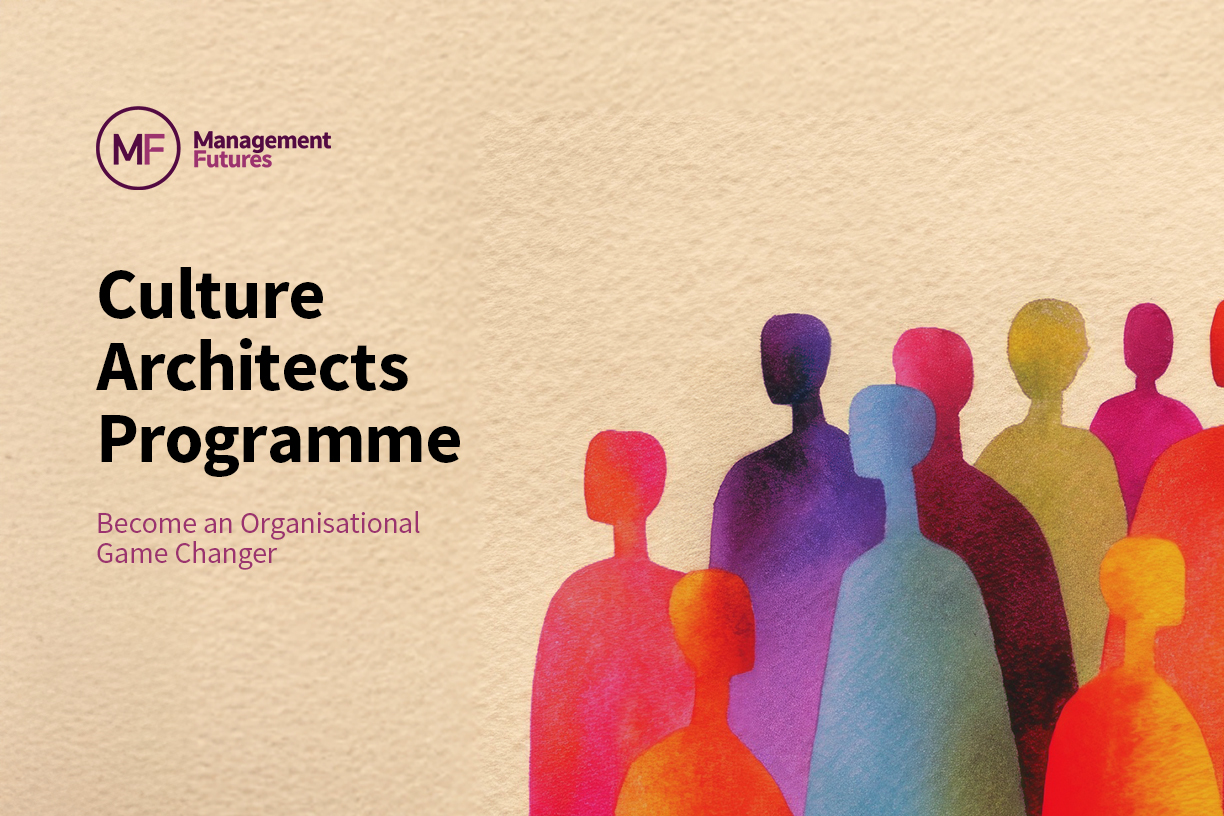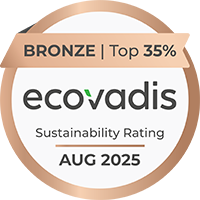I’m going to ruin the punchline. We advocate we do both.
For those who prefer a short article feel free to leave it there!
For those who value a longer piece carry on reading.
A few months ago, I was delivering a workshop to a group of 20 senior professionals. I’d worked with them previously. They were engaged. They were all volunteers. They were all time-pressured and they were all determined to support the next generation of leaders in their organisation.
The workshop was one of a series designed to enhance their ability to mentor.
This workshop would focus on Resilience and specifically how, as mentors, they could help people to enhance their resilience levels to achieve their goals.
The workshop started unremarkably; a brief outline, pairs check-in, plenary review of previous topics covered and their recent mentoring experiences. And then we moved on to the topic of resilience…
The plan was to offer a short introduction, share recent findings, quickly move on to how they as mentors could help, and then some practical exploration of the topic. In that well-worn quote from former world heavyweight champion Mike Tyson, “Everyone has a plan until they get punched in the face”.
I wasn’t punched in the face. The impact of what happened next felt similar!
Just two minutes in one of the participants exhaled loudly, shifted in their seat and proclaimed loudly that they “couldn’t sit here any longer listening to this rubbish…” that they “fundamentally disagreed with the whole construct of resilience and who was I to be telling them this”. The individual spoke with passion, anger and conviction.
I hadn’t been expecting that!
My fight or flight response was kicking in nicely at this point. I of course wasn’t under attack though it certainly felt like I was. The rest of the group sat quietly, some with their eyes down, many with eyes on me. I could almost feel their internal dialogue: “This has taken an unexpected turn. I wonder what he’s going to do with this?”
We’ll come back to what happened next a little later. Though it wasn’t invited, that challenge got me thinking more deeply on this topic
The delegate was absolutely convinced in their beliefs:
- That resilience was a neo-Liberal construct.
- That it was designed to ensure people focused on themselves and not what was going wrong around them.
- That the key aim of the concept is to shift blame and responsibility from oppressive systems of leadership and onto the individual worker, pressuring them to buckle down and work harder.
This delegate is not alone either. Recently a fellow facilitator shared with me that a group of highly qualified and talented graduates had protested at the very thought of working on the topic of resilience for similar reasons…
Can this be right? Is the topic invalid, or even oppressive?
If we step back a little, these episodes are symptomatic of a wider ideological fracture. Put crudely, on the one hand there are those who would agree with the viewpoints of the delegates we have recently encountered. From various political and philosophical angles, they would assert that all activity aimed at leveraging the effectiveness of workers and staff in organisations is part of the machinery of oppression and exploitation. Barbara Ehrenreich writes brilliantly on one aspect of this subject – check out her dismantling of the whole positive thinking movement in her book, ‘Smile or Die’ (Granta 2010).
On the other, sunnier and more optimistic hand we have those advocates of a more enlightened development of the capitalist model. These are the believers in Social Business and Sustainable Capitalism. This movement is connected to the idea that businesses exist to serve the ‘Triple Bottom Line’ of Profit, People and Planet. Their ethos asserts that profit is good as long as the organisations that generate it create nourishing conditions for their staff to work happily and lead fulfilling lives, whilst at the same time ensuring that their output and ways of operating benefit society and the planet. Early pioneers of this ethos include Danar Zohar and Ian Marshall, whose book ‘Spiritual Capital’ (Bloomsbury Publishing, 2005) makes the case for the possibility of capitalism creating more meaningful lives whilst nurturing our planet.
So, what’s our position?
Essentially, we take a pragmatic view that aims to respect a wide range of viewpoints – including those that we may find uncomfortable. In simple terms we want to support organisations and teams to create environments that allow individuals to flourish, to be more ‘themselves’ whilst delivering for the organisation.
We want to equip the people within those organisations with practical skills, tools and approaches to enable them to be more effective. We are clear that serving the organisation and serving the people who work in it can be achieved simultaneously.
And so, we return to the actual topic of resilience itself. The purpose of the workshop was to offer insights and tools to help people become more able to ‘spring back’. At some stage we are all buffeted by circumstance, at work or outside of work. Personally, I’ve benefitted from reflecting on times when I’ve been resilient. It’s helped me identify what works for me. It’s helped me to bounce back faster. It’s helped me to be strong, to speak truth to power, to in some small way change what needs to change.
So, what happened next? I drew on my own resilience and experience of working under pressure;
I paused.
I took two deep breaths.
I stood square with both feet grounded.
I acknowledged the comments.
I summarised what I’d heard.
I asked them what else they’d like to say.
I listened to their response.
I thanked them for sharing their thoughts.
I checked what they’d like to do next.
They wanted to stay. They wanted to hear more on the topic. They didn’t agree with the premise but felt they could benefit, nonetheless.
I was pleased they were staying.
I was pleased I was able to gather my skills to listen and enquire.
I’m convinced that without the work I’ve done to develop myself and my own resilience, the outcome would have been very different.
As coaches and trainers, at times we need to challenge the status quo. We want to help others challenge the status quo too, and by so doing, potentially improve their working lives. I believe resilience has a significant part to play in this.







